Standard Facilitator Program Overview
The Standard Facilitator Program provides a comprehensive and state-approved training designed for individuals passionate about holistic healing and personal growth. This program equips participants with the skills and knowledge necessary to facilitate healing in a safe, ethical, and effective manner.
Winter Cohort Schedule
- Dates: January 6, 2025 – March 21, 2025
- In-Person Practicum: March 17–21, 2025, in Eugene, OR (9 a.m.–5 p.m. daily)
Eligibility Requirements
- Must be at least 21 years old
- GED or higher educational qualification
- No prior medical or therapy background required
We welcome individuals from all walks of life who are committed to holistic healing and personal transformation.
Program Features
This program is a balanced combination of live online instruction, self-paced learning, and hands-on practicum. The curriculum covers essential knowledge, practical skills, cultural awareness, and ethical responsibilities required for facilitators.
Curriculum Overview
- Orientation for Students (2 hours live online)
An introductory module covering program expectations, goals, and an overview of the learning journey. - Historical, Traditional, and Contemporary Practices (12 hours: 6 live online, 6 self-paced)
- Explore the historical and current use of plant and fungal medicines in indigenous and Western cultures.
- Understand the impact of the Controlled Substances Act on research and policy.
- Review significant historical and recent academic studies related to healing practices.
- Pharmacology, Neuroscience, and Clinical Research (4 hours: 2 live online, 2 self-paced)
- Learn the pharmacodynamics and pharmacokinetics of various healing compounds.
- Understand drug and supplement interactions.
- Study the metabolism of these compounds and their effects on the brain.
- Review key areas of clinical research and models of addiction recovery.
- Core Facilitation Skills (16 hours: 8 live online, 8 self-paced)
- Build empathy and rapport through effective client communication.
- Create safe spaces for addressing psychological distress.
- Understand physical reactions and side effects.
- Implement trauma-informed care, including managing vicarious trauma and compassion fatigue.
- Monitor boundaries related to consent and touch.
- Facilitate a wide range of subjective experiences, including emotional and mystical states.
- Learn appropriate intervention methods and recognize when higher care is needed.
- Group Facilitation (16 hours: 8 live online, 8 self-paced)
- Assess client compatibility with group settings.
- Establish and maintain set and setting for group facilitation.
- Facilitate group communications, dynamics, and agreements.
- Prepare and integrate group sessions effectively.
- Understand regulatory requirements for group facilitation.
- Cultural Equity in Healing Practices (12 hours: 6 live online, 6 self-paced)
- Explore cultural equity and its relationship to health outcomes.
- Understand the impact of systemic racism, privilege, and drug policies.
- Address intergenerational trauma and learn responsible referral practices.
- Safety, Ethics, and Responsibilities (12 hours: 6 live online, 6 self-paced)
- Identify personal biases and professional motives.
- Study ethical considerations, including boundaries, consent, and equity.
- Learn accurate record-keeping and client confidentiality practices.
- Stay informed on new research in safety and ethics.
- Mitigate risks using harm reduction, de-escalation, and conflict resolution techniques.
- Preparation and Orientation (16 hours: 8 live online, 8 self-paced)
- Conduct intake interviews and discuss informed consent.
- Develop trauma-informed communication skills.
- Identify client safety concerns and plan appropriate safety measures.
- Set boundaries and navigate cultural dynamics in client interactions.
- Administration (20 hours: 10 live online, 10 self-paced)
- Learn dosing strategies, delivery mechanisms, and secondary dose management.
- Work effectively with challenging client behaviors.
- Address trauma-related stress and ensure facilitator safety.
- Design optimal environmental conditions (set and setting).
- Conduct and complete administration sessions.
- Integration (12 hours: 6 live online, 6 self-paced)
- Help clients interpret and integrate their experiences.
- Facilitate positive changes and enhance supportive relationships.
- Address safety concerns and discuss session intervals.
- In-Person Practicum (40 hours: in-person)
- Direct Practice (30 hours):
- Observe recorded facilitation sessions.
- Participate in role-playing and peer support activities.
- Experience non-drug-induced altered states through breathwork, meditation, or similar techniques.
- Consultation (10 hours):
- Case reviews, supervision, ethics discussions, and cultural competency workshops.
Program Breakdown
- Live Online Hours: 62 hours
- Self-Paced Learning: 60 hours
- In-Person Practicum: 40 hours
- Total Program Hours: 162
How to Enroll
To complete the intake, application, and enrollment process:
Schedule a 30-minute session here.
For questions, call 541-525-0103 or email info@aaalearninginstitute.com.
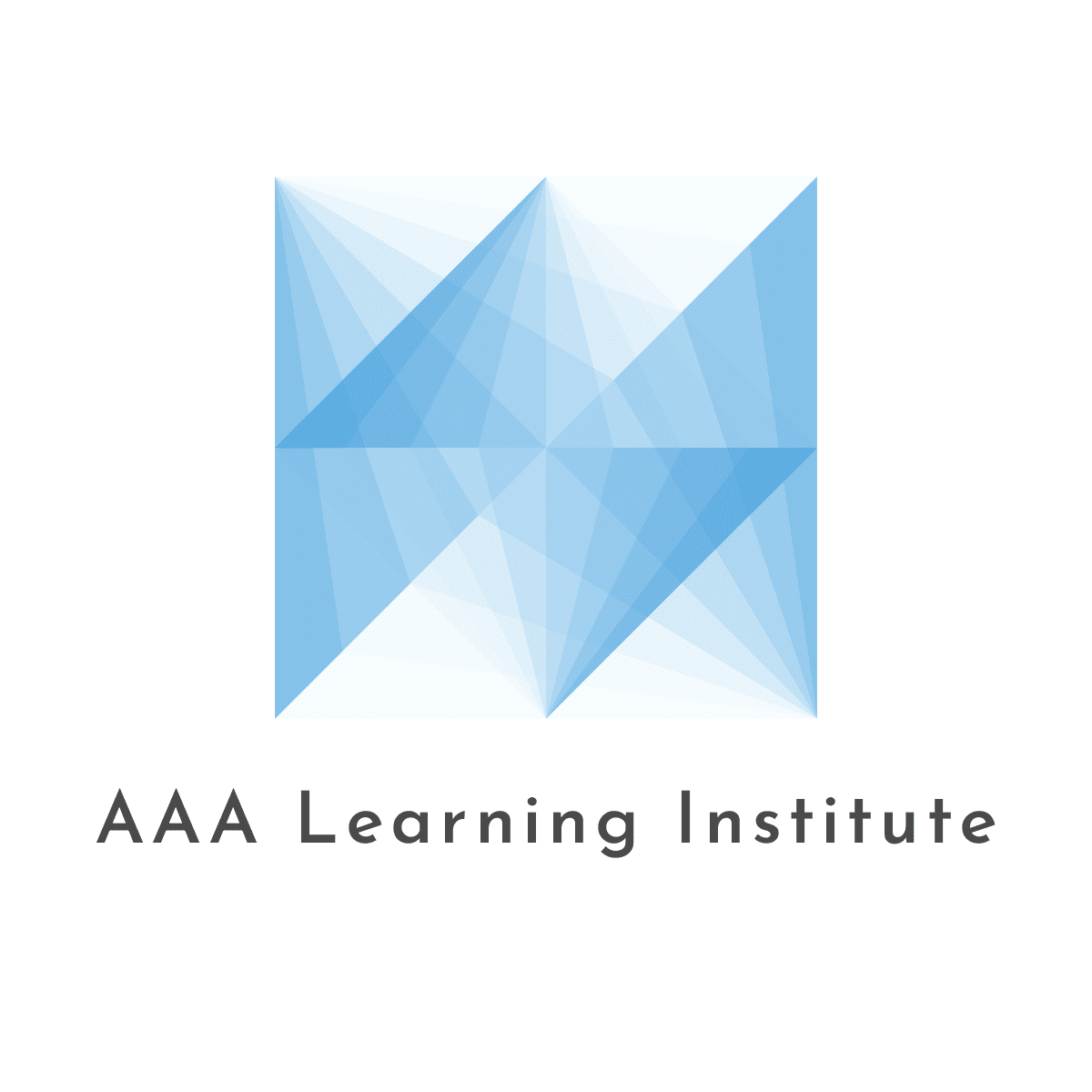
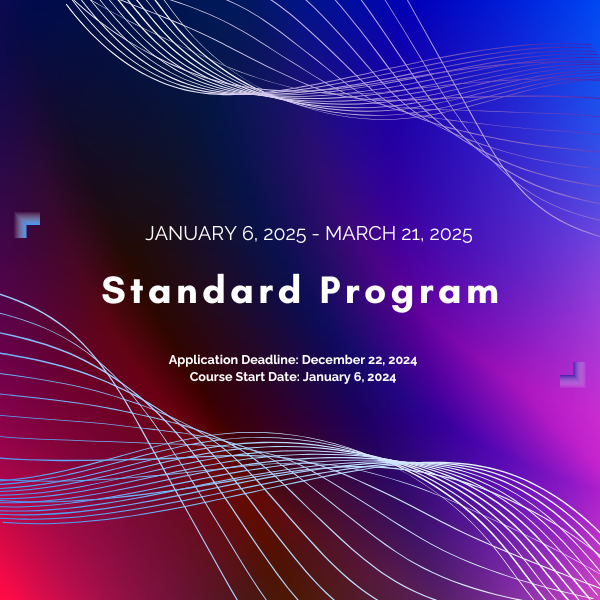
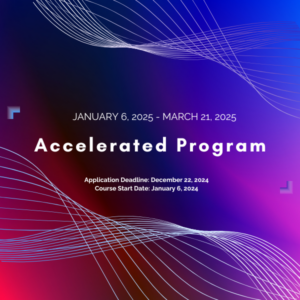
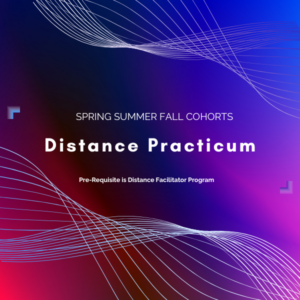
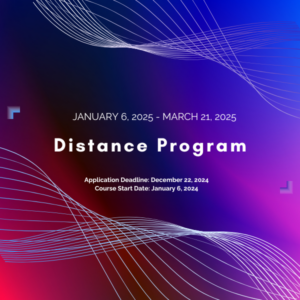
Reviews
There are no reviews yet.